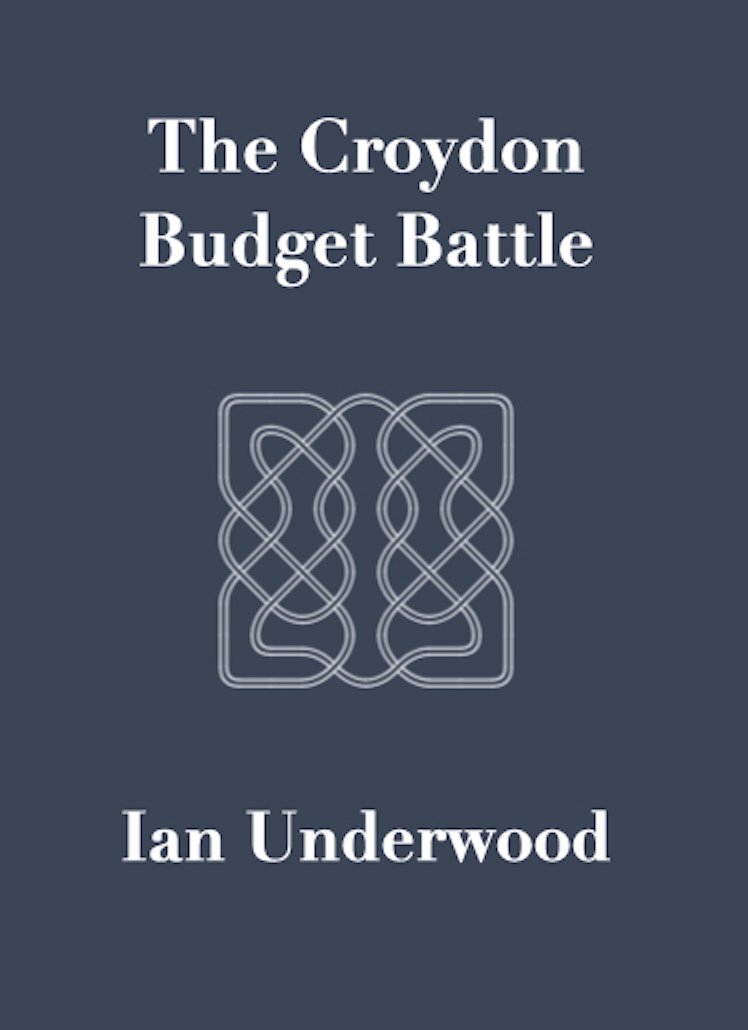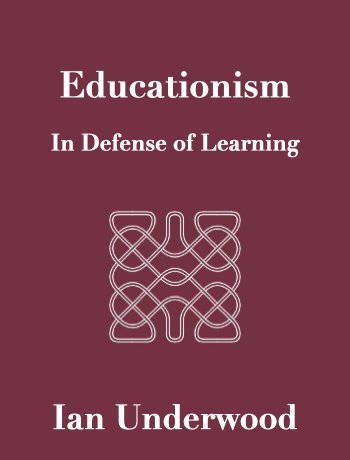The Libertarian Case for Public Schools
Ask not what we can teach children. Ask what, if not learned by children, will endanger the rights of everyone, and ask how we can assist those children whose parents can’t afford to help them learn these things, without confusing ability with age, or learning with being taught, or progress made with time spent, without conflating common benefit and private interest, and without requiring those who have less to subsidize those who have more.
Barefoot Learning: What Shoes Can Teach Us About Schools
Almost everything I’ve been saying about what happens when we put feet in shoes is analogous to what we do when we put students in schools: We create a problem. Then we try to add fixes that ignore what we did to create that problem. These fixes all work by preventing, rather than facilitating, natural processes. And at a certain point, the question becomes: How much do we want to spend?
Educationism: In Defense of Learning
Once people start to see the parallels between how government has mishandled both food and education, it will allow the forces that are changing the way we eat – the awareness, the insights, the emotions, the lack of trust, the demand for alternatives, the development and spread of ways to satisfy that demand – to be harnessed to change the way we learn.
Rethinking Fairness in Education
For students, fairness in education means: You get exactly the same adequate education as everyone else. No more, and no less. No matter who you are, or where you live, or what your parents can afford.
The School Funding Shell Game
How much should we spend on education? And where should we get the money? These are the wrong questions to ask. And we’ll never get to the right questions until we stop being distracted by the wrong ones.







